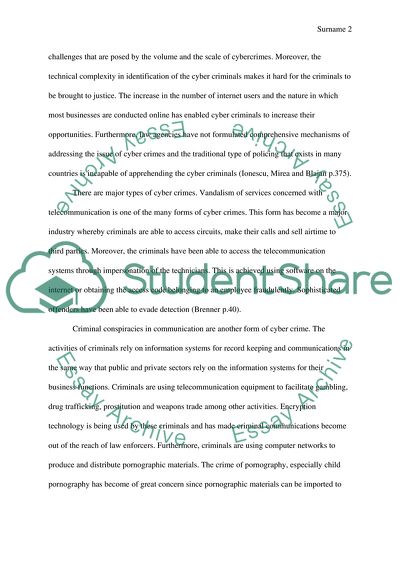Cite this document
(Resolving Issues Related to Cybercrime Research Paper, n.d.)
Resolving Issues Related to Cybercrime Research Paper. Retrieved from https://studentshare.org/law/1598614-cyber-crime
Resolving Issues Related to Cybercrime Research Paper. Retrieved from https://studentshare.org/law/1598614-cyber-crime
(Resolving Issues Related to Cybercrime Research Paper)
Resolving Issues Related to Cybercrime Research Paper. https://studentshare.org/law/1598614-cyber-crime.
Resolving Issues Related to Cybercrime Research Paper. https://studentshare.org/law/1598614-cyber-crime.
“Resolving Issues Related to Cybercrime Research Paper”. https://studentshare.org/law/1598614-cyber-crime.


